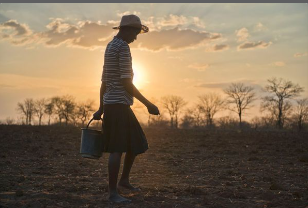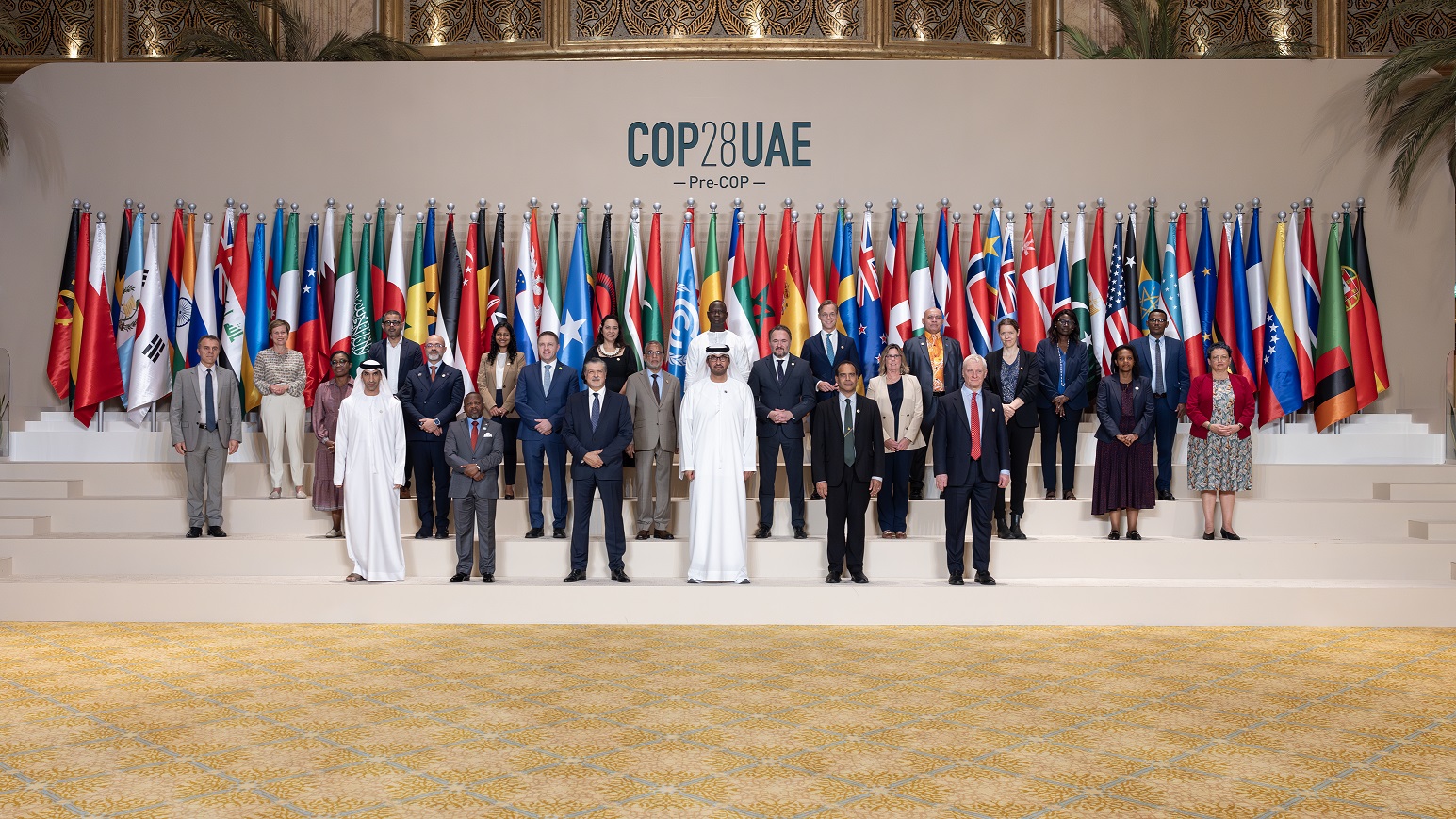Launched at the UN Climate Action Summit (UNCAS) in September 2019, the Risk-informed Early Action Partnership (REAP) brings together an unprecedented range of stakeholders across the climate, humanitarian and development communities with the aim to make 1 Billion People Safer from disaster by 2025.
Building on the REAP Framework for Action and prior engagement of senior stakeholders, this event will connect existing and prospective country partners to prepare and discuss commitments towards achieving REAP’s ambitious targets in the run-up to UNFCCC COP26.
REAP was launched with four targets which will drive a systemic shift towards acting in advance of climate-related hazards. The targets highlight the criticality of national planning, financing and delivery mechanisms to support early action, as well as investment and coverage in early warning systems with a focus on them reaching the most vulnerable.
This dialogue will benefit from the momentum witnessed at the Climate Adaptation Summit, where the UN Secretary General drew attention to the urgent need for more effective and joined up efforts on early warning and early action. It will build on the Climate & Development Ministerial on 31 March 2021 and follows the Climate Leaders’ Summit on 22 April 2021. The event also looks forward to the G7 Summit on 11–13 June 2021. The Foreign and Development track on Disaster Risk Finance track has prioritised REAP in discussions under the International Partnerships Working Group. In addition, REAP has asked G7 countries to commit to achieving 50% of the Partnership’s Target 2 by ensuring that 500 million people are covered by financing and delivery mechanisms linked to effective early action plans by 2025.
At the event:
- The partnership will take stock of progress to date in achieving REAP’s targets and the gaps that remain for making 1 billion people safer from disasters by 2025.
- Partners will explore examples of progress made or planned, focusing on coherence, alignment and complementarity of efforts on early warning and early action in advance of climate-related hazards.
- Countries who are considering joining the Partnership will describe their priorities and the challenges that REAP and its partners could help to address.
The intended outcome is to solicit ambitious commitments from both new and existing country Partners to support the achievement of REAP targets. Also, the event supports efforts to secure membership of additional climate-affected countries.
Image credit: A woman plants sorghum seeds in a field in Muzurabani Province in Zimbabwe, as the rainy season approaches following a drought. © Victor Lacken / IFRC
Wilton Park reference: WP1931V












